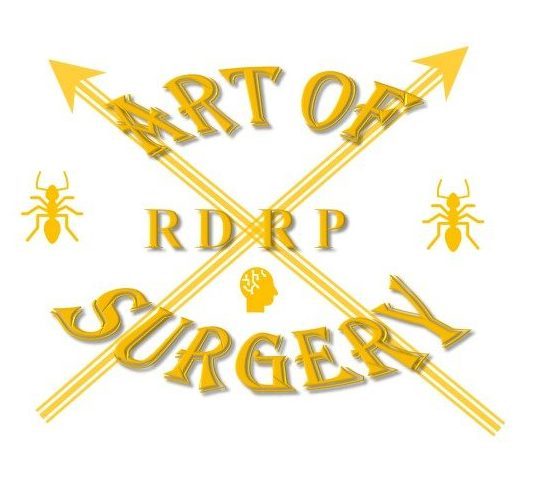Tier 4 assessment including pre-operative
3. Pre-operative Assessment (Tier 4)
3.1 Before the surgical consultation patients will be required to attend a pre-operative group session run by the bariatric specialist nurse, where types of surgery are discussed as well as the pre-operative diet and expectations of the day of surgery.
3.2 Patients will be seen in the one stop Tier 4 clinic. They will be offered a 30 minute appointment with a consultant bariatric surgeon and a separate appointment with a bariatric practitioner.
3.3 The appointment with the surgeon will involve a full medical and surgical assessment that will include an assessment of surgical risk. The different types of surgery will be discussed as well as the individual risks and benefits. The surgeon will explain which type of operation, if any, would be best suited for the patient. Any other investigations identified that are required will be booked at this time.
3.4 If surgery is indicated then a pre-operative upper GI endoscopy may be booked.
3.5 The consultation with the bariatric practitioner will reiterate the risks and benefits of the operations. The patient will be given an information pack that includes information about the selection process for surgery, written information on the operations and details of the pre, peri and post-operative management (Appendix 4). There will be full contact details of the team, and a feedback questionnaire. There will be ample opportunity to ask questions at this time
4. Multidisciplinary Team Meeting (MDT)
4.1 Core members of the MDT consist of consultant bariatric surgeon, specialist dietician, psychologist, bariatric practitioner and CNS, bariatric coordinator, consultant endocrinologist, consultant anaesthetist and consultant radiologist, and will meet on a weekly basis for 90 minutes.
4.2 Following Tier 4 assessment each patient will be discussed in the MDT.
4.3 A proforma and letter will be generated after each discussion with a summary of the clinical findings and the outcome (Appendix 5). If considered appropriate the patient will be listed for surgery at that time. If further investigation is required, letters will be generated to the relevant speciality. A letter to the GP and patient will also be generated outlining the outcome of the MDT.
4.4 Other cases to be discussed in this meeting include complicated pre and post-operative cases and the radiology of post-operative patients.
4.5 This meeting will also be used to allow for team discussions about the service and ways to improve pathways including research and audit, finances and throughput. There will be a monthly meeting with the bariatric team managers.
5. Pre-operative Assessment
5.1 If indicated, some patients will undergo an upper GI endoscopy prior to surgery by a member of the Upper GI surgical team. The result will be forwarded to the bariatric coordinator to ensure that the patient is appropriate for the proposed operation.
5.2 Oesophageal manometry will be performed on an individual basis depending on pre-operative symptoms.
5.3 Each patient will be required to attend a pre-operative assessment as per standard Trust protocol. They will be seen by the pre-operative assessment nurse, consultant anaesthetist and bariatric CNS. Standard investigations including blood tests, MRSA screening and ECG will be undertaken. Assessment of DVT risk and the difficulty of endotracheal intubation will be carried out at this time.
5.4 The patient will be reviewed by the bariatric pharmacist who will write the drug chart and ensure that the patient is aware of any issues surrounding their regular medication in the peri-operative period.
5.5 The patient will also be required to sign the Trust pre-bariatric consent form at this stage
5.6 An individualised plan for the management of diabetes will be formulated by the practitioner. This will be communicated to a consultant endocrinologist to ensure that it is appropriate.
5.7 If a patient is identified as being at very high risk for surgery, then they will be required to attend a further assessment with a bariatric consultant anaesthetist. This will specifically focus on the surgical and anaesthetic risk of the operation and decide whether a High Dependency bed is required after surgery. If deemed necessary a cardiopulmonary exercise test (CPEX) will be performed to further stratify risk. If the risk is determined to be excessively high for surgery then the patient will be re-discussed in the MDT, although the outcomes of these assessments will be presented at MDT.
5.8 Two weeks prior to surgery the patient will be required to start the very low calorie diet (VLCD) and the details of this will be given to the patient in PAC.
